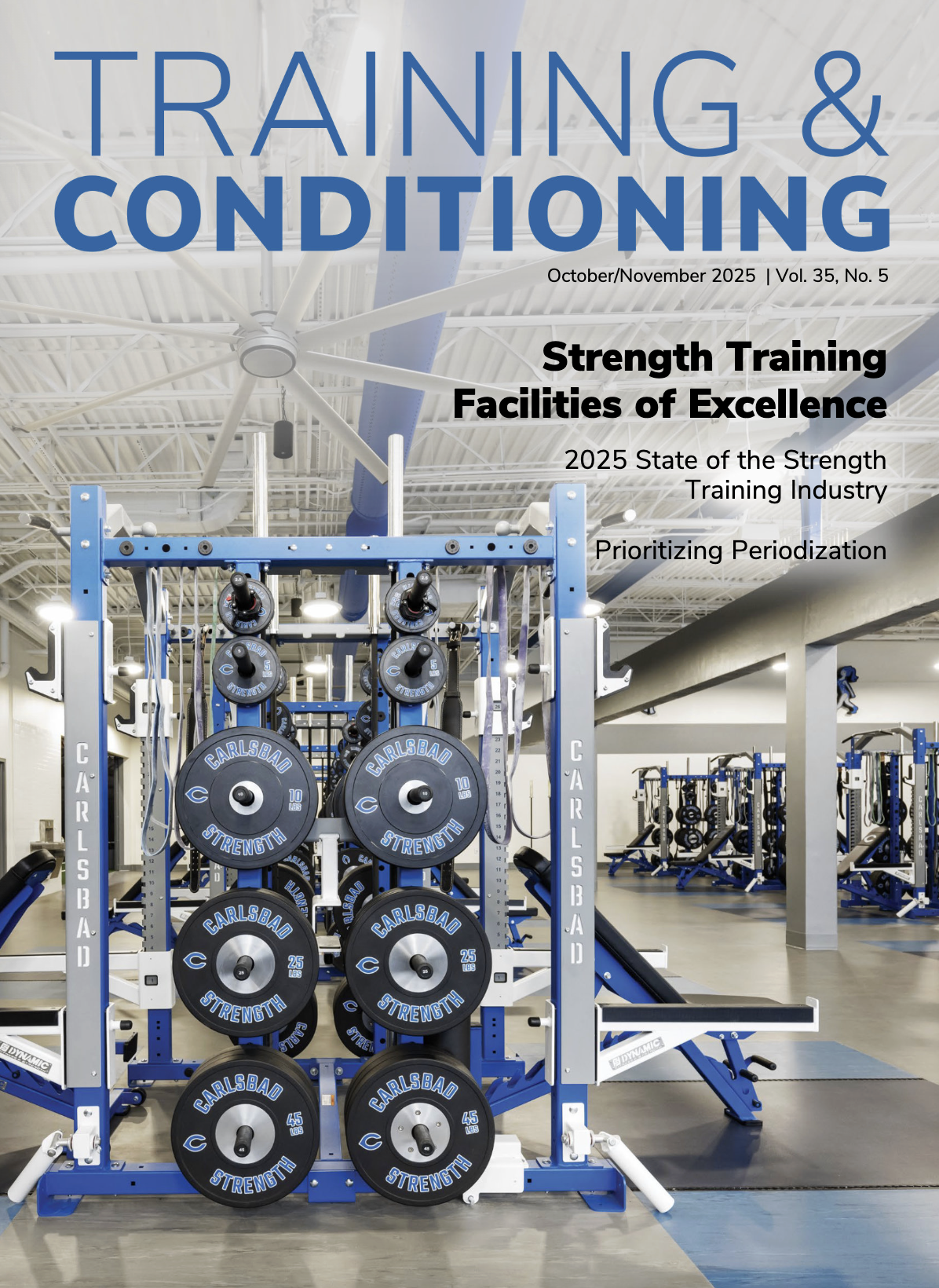To stay up-to-date on mental health in youth sports (as well as all things youth sports), check out the LeagueApps blog.
Jun 2, 2022Study: Team Sports Support Athletes’ Mental Health
Studies show that there are many proven mental health benefits of team sports. Playing team sports can improve a person’s mental health, especially at the youth level when tweens and kids are most vulnerable.
A recent blog post from LeagueApps.com outlined how team sports can be beneficial to student-athletes’ mental health.
Below is an excerpt from the LeagueApps blog post.
 Playing a team sport can have many positive mental health effects on children, and research shows that athletes who participate in team sports feel less of the depression or anxiety that individual sport athletes may experience. Teams also allow for peer support both on and off the field, which can contribute to many positive experiences for children including:
Playing a team sport can have many positive mental health effects on children, and research shows that athletes who participate in team sports feel less of the depression or anxiety that individual sport athletes may experience. Teams also allow for peer support both on and off the field, which can contribute to many positive experiences for children including:
- Social acceptance
- Decreased body dissatisfaction
- Fewer depressive symptoms
- People to rely on
- Improved peer interaction
- Improved social skills
When an athlete loses at an individual sport, for example, they can often feel like they are the only one to blame for the loss. This pressure and sense of failure can cause anxiety in competitions to come, and even depression down the line. When an athlete plays with a team, they have others to go through the hard times with and someone to share the loss with.
According to a study of 9,668 children, children who were exposed to adverse experiences throughout their childhood reported better mental health as adults if they had participated in team sports as kids.
Beyond the mental health benefits of team sports, learning how to work as a team is something that will benefit children for years to come in life. Playing team sports helps children learn to be cooperative and work together toward a common goal. These skills are essential to effective teamwork, which can help individuals be more successful in school, work, and life.
For example, effective teamwork makes people more efficient and accountable and reduces the risk that a project becomes derailed. When people are able to effectively work together, it boosts the overall morale associated with the project.


